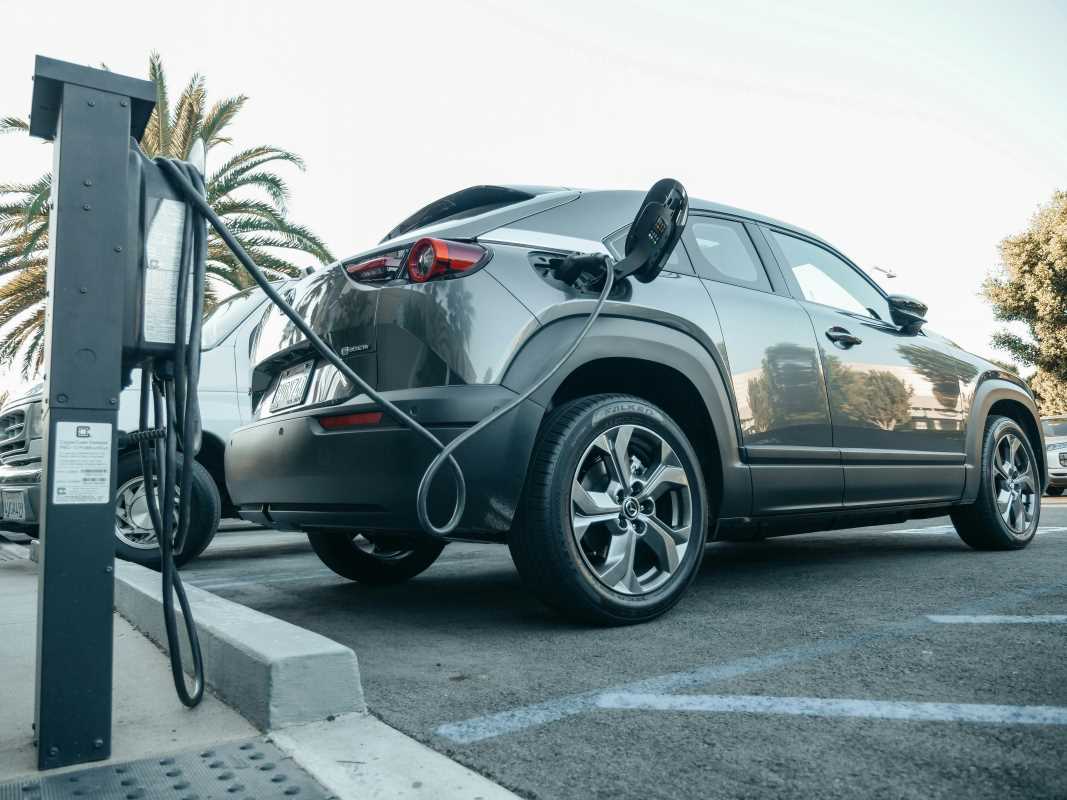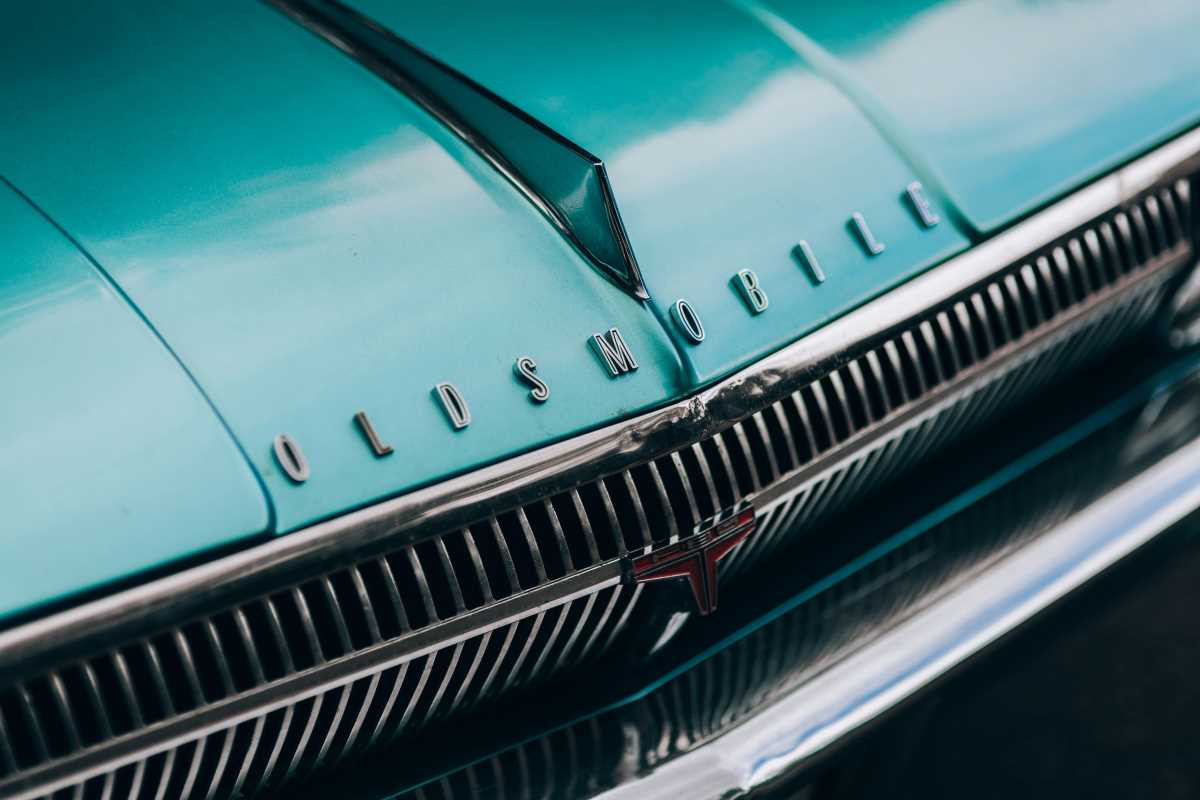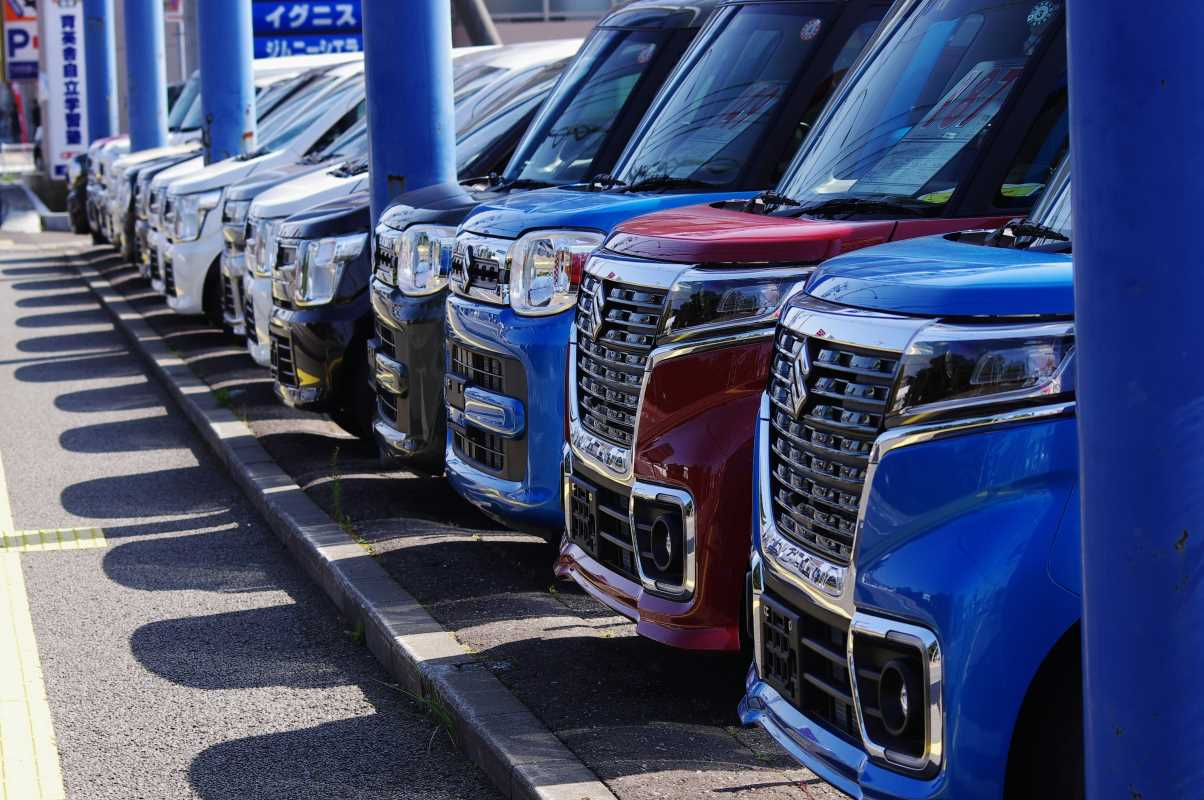Deciding whether to buy a new or used car is one of those classic dilemmas where your heart says one thing, and your wallet might argue the opposite. New cars boast that unmatched “new car smell” and cutting-edge technology, while used cars often flaunt the allure of a lower price tag and less depreciation. But how do you make the right call, especially when your budget is a key player in the decision-making process?
The good news? You don’t have to flip a coin. By considering your finances, driving habits, and long-term goals, you can determine which option fits your lifestyle (and your wallet) best. Here’s a breakdown to help you steer toward the right choice.
Weighing the Pros and Cons of New Cars
There’s something undeniably thrilling about driving a car no one else has owned. New cars come packed with the latest safety features, fresh designs, and confidence-inspiring warranties. Best of all, you can customize it exactly as you like, from the color to the base trims and upgraded packages.
A major selling point for new cars is reliability. With no history of wear and tear, you’re starting with a clean slate, often sidestepping unexpected repairs for a few years. Additionally, most new cars are engineered for better fuel efficiency and come with updated tech like smartphone integration, backup cameras, or advanced driver-assistance systems.
But shine doesn’t always equal savings. The biggest downside of a new car is how rapidly it depreciates. Once you drive it off the lot, its value drops significantly, sometimes by as much as 20% in the first year. This steep depreciation means you’re paying a premium for being the first owner. And when you’re working with a budget, this might feel like a tough pill to swallow.
Exploring the Appeal of Used Cars
Used cars practically shout “value” for savvy buyers. The biggest advantage? Depreciation has already done its damage. This means you’re often paying closer to the car’s true value and avoiding that first big drop in worth. Whether you’re searching for your budget-friendly runabout or even a luxury vehicle for less, used cars bring more mileage to your dollar.
Today’s used car market also offers certification programs like Certified Pre-Owned (CPO) vehicles, which come with thorough inspections and added warranties, giving you a mix of affordability and reliability. With resources like vehicle history reports, shopping used is no longer the gamble it used to be.
However, used cars aren’t all sunshine and savings. They come with a history (some cars have seen better days), and maintenance might be required sooner than expected. Without the bumper-to-bumper warranty of a new car, unscheduled repairs could sneak up and complicate your budget. That’s why evaluating the condition and maintenance history is essential before committing.
Matching Your Budget to the Right Choice
When deciding between new and used, it all boils down to the numbers. Start by highlighting your overall budget, including the down payment, monthly installments, insurance, and ongoing maintenance or fuel costs. Then, weigh these costs against your priorities.
For budgets that lean tighter, a used car might seem like the obvious winner. But don’t overlook financing options for new cars. Manufacturers often offer lower interest rates on new vehicles than what’s typically available for used cars. If you’re someone who qualifies for these attractive financing terms, that monthly payment might look surprisingly reasonable.
Insurance is another factor to consider. Did you know new cars often come with higher insurance premiums? That’s because their replacement costs are higher. Used cars, by comparison, typically carry lower premiums.
Ultimately, the best strategy is to evaluate the “total cost of ownership,” which includes purchase price, interest rates, insurance, maintenance, and fuel efficiency. You want a car that serves your needs without stretching your budget or locking you into financial stress.
Identifying Your Priorities Beyond the Price Tag
While budget plays a starring role, it’s not the only factor to consider. How will you use the car? And what’s most important to you on the road?
If reliability is a top priority because daily breakdowns will cause chaos in your life, then a new car might offer the peace of mind you’re looking for. On the flip side, if you’re primarily using your vehicle for weekend errands or as a secondary ride, a well-maintained used car is worth a closer look.
Another important piece is personalization. If driving the exact model with your favorite tech features or exterior color is essential, going new gives you full control to tailor the car just how you want it. Shopping used might mean compromising on features or waiting longer to find the perfect option for your wishlist.
Resale value is also worth thinking about. If you plan to keep the car long-term, depreciation is less of a concern. But if you tend to upgrade every few years, you might notice that new cars lose their value faster while certain used vehicles hold steady resale potential.
Tips for Making the Final Decision
Now that you’ve weighed the pros and cons, here’s how to fine-tune your choice:
- Consider current market trends. Inventory levels, fuel prices, and economic changes all play into pricing. Doing a little research on these factors can help you spot the best deal at the right time.
- Make use of payment calculators. Running scenarios, from financing terms to insurance costs, helps you get a better sense of what you can truly afford.
- Dig into warranties. New cars typically come with more comprehensive and long-lasting coverage. If you prefer a used car, check for CPO benefits or extended warranties to bridge the gap.
- Test drive with purpose. Whether new or used, take the car for a spin to ensure the ride quality matches your expectations and comfort level.
- Don’t forget the inspection. For used vehicles, a pre-purchase inspection by your trusted mechanic can save you from unexpected (and expensive) surprises down the line.
Once all the practical elements are laid out, don’t ignore your gut instinct. If one option excites you more but still fits your financial goals, it’s worth leaning into that choice.







